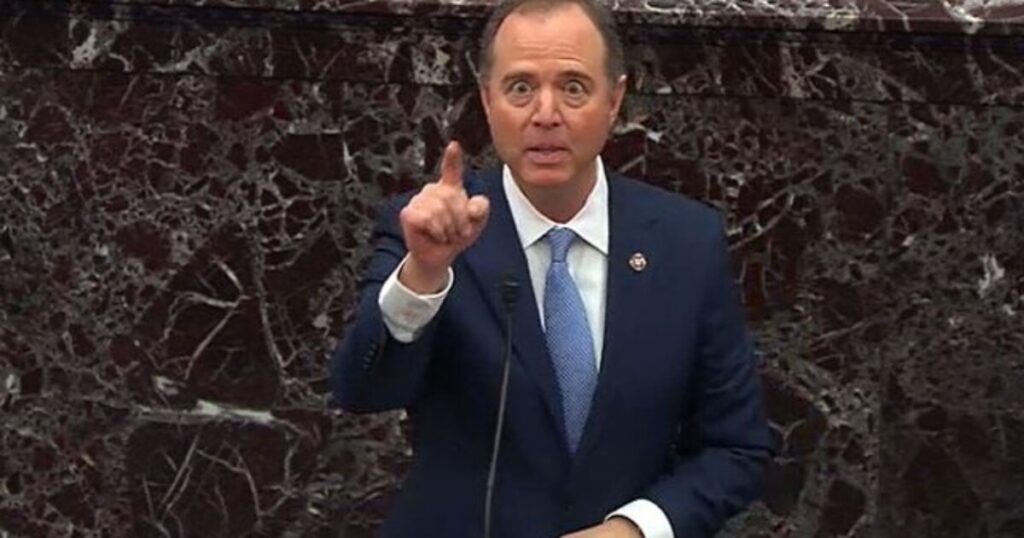On Wednesday, President Trump announced his nomination of Congressman Matt Gaetz from Florida for the position of U.S. Attorney General. In his announcement, Trump praised Gaetz as an exceptionally skilled attorney with a commitment to reforming the Department of Justice (DOJ). He emphasized the importance of addressing the perceived partisan biases that have infiltrated the justice system, coining it the “Weaponization of our Justice System.” Trump expressed confidence in Gaetz’s ability to combat government corruption, enhance border security, and restore public trust in the DOJ. By referencing Gaetz’s experience on the House Judiciary Committee, Trump highlighted the Congressman’s role in dismantling narratives such as the Russia investigation, which he described as a hoax and part of broader systemic corruption within the government.
Trump elaborated that Gaetz’s leadership would facilitate a return to the DOJ’s core mission of fighting crime and preserving democratic values. The President called for honesty, integrity, and transparency within the department, asserting that under Gaetz, the DOJ would regain respect and pride among American citizens. In his own remarks, Gaetz welcomed the nomination, expressing enthusiasm and honor at the prospect of serving in such a significant role within the Trump administration. The announcement reflects both Trump’s ongoing commitment to his allies and his appeal to a base that prioritizes law and order and a reformation of government institutions.
However, the nomination quickly faced backlash, particularly from political opponents on the Democratic side. Notably, Senator Adam Schiff, who has been a prominent critic of Trump and his administration, expressed strong opposition to Gaetz’s potential confirmation as Attorney General. Schiff criticized the nomination as a troubling sign that would lead to further abuses of power within the DOJ. He pointed to the broader implications of appointing someone like Gaetz, suggesting that it would reflect an endorsement of the very politicization of the justice system that Trump has claimed to combat.
Schiff’s remarks are rooted in his previous involvement with investigations into Trump, including his role in the impeachment trials and his advocacy concerning alleged collusion between Trump’s campaign and Russia. He characterized the appointment of Gaetz as a threat to the principles of justice and accountability, urging Senate members to reject the nomination. The Senator’s accusations suggest a deepened divide between the two parties, particularly regarding the integrity and independence of the Department of Justice.
The ongoing political animosity surrounding Gaetz’s nomination showcases the polarized climate of American politics, particularly as it relates to the Trump administration’s legacy. While Trump and his supporters portray Gaetz as a principled leader ready to restore justice and constitutional values, critics see him as a continuation of the administration’s efforts to undermine the integrity of institutions meant to operate impartially. This contention has the potential to escalate as the Senate considers Gaetz’s nomination, especially since the appointment is emblematic of broader issues regarding governance, accountability, and partisan interpretations of the law.
As the dialogue progresses, it may also raise questions about the future of the Department of Justice and the extent to which political affiliations can influence its operations. If the Senate confirmation process becomes contentious, it could set precedents for how nominees within the executive branch are treated in the context of intense partisan disagreements. The implications of Gaetz’s nomination may ripple through various facets of American governance and public trust in legal institutions, affecting not just the current administration but future leadership and policy-making as well.

